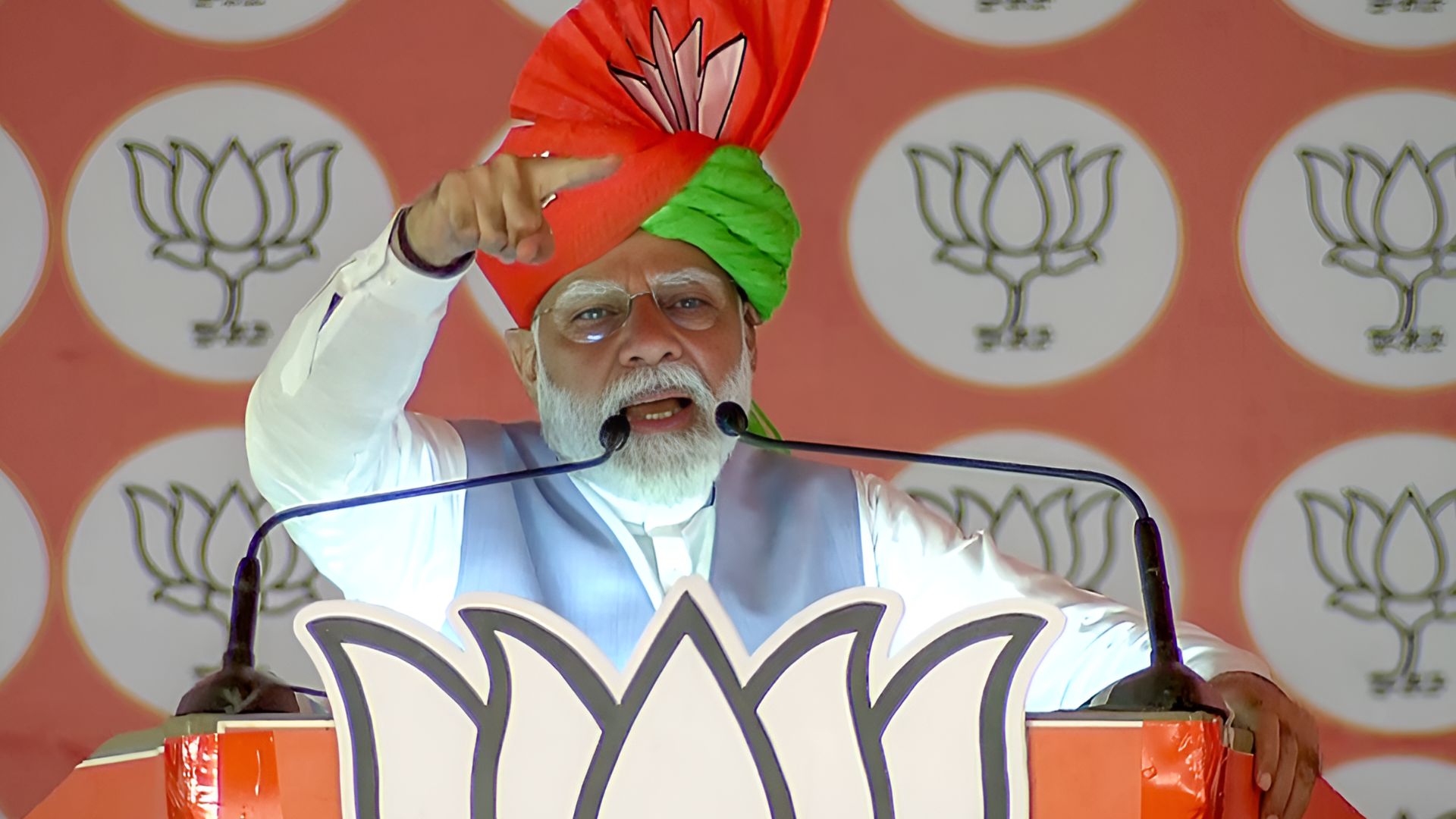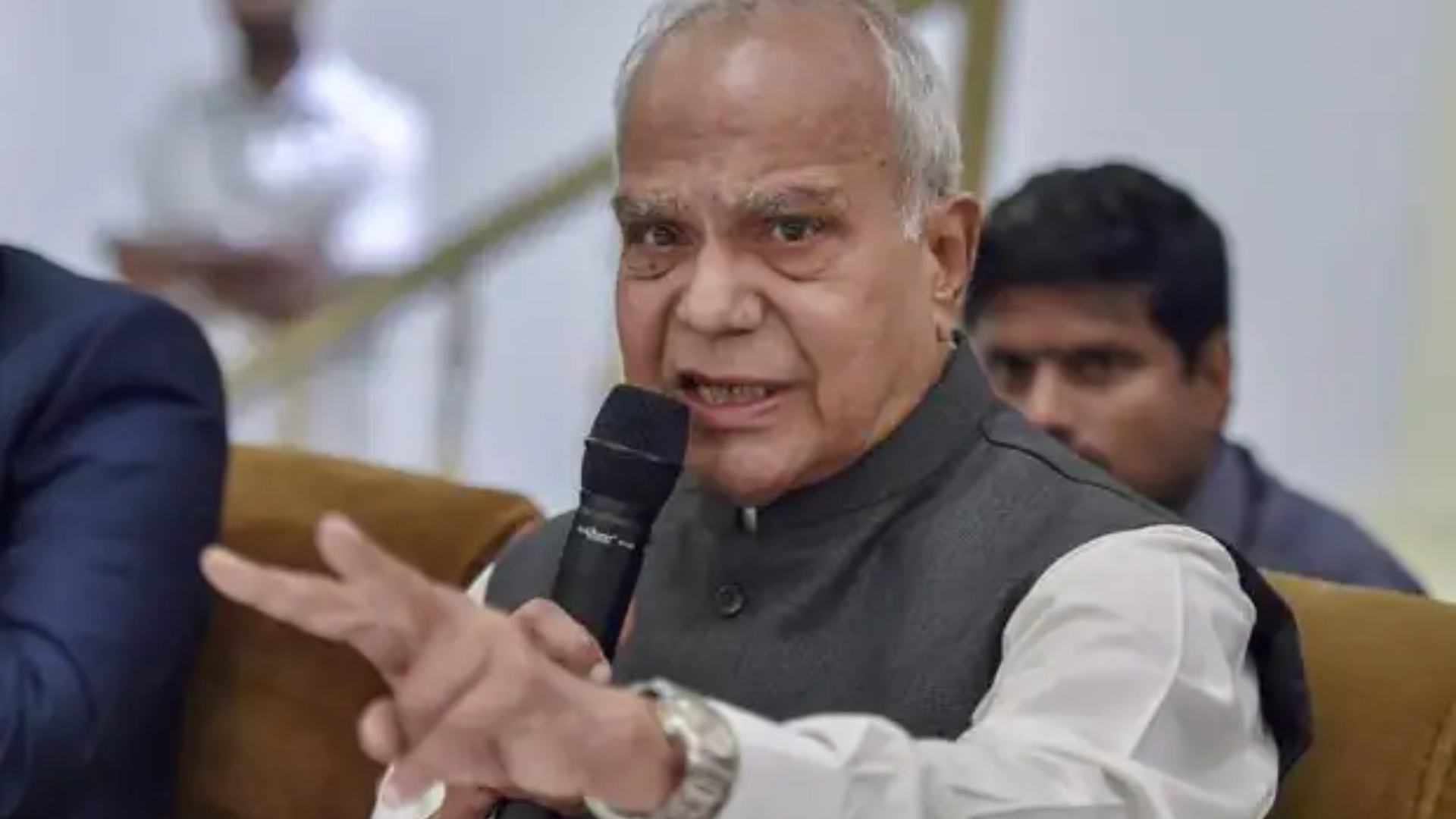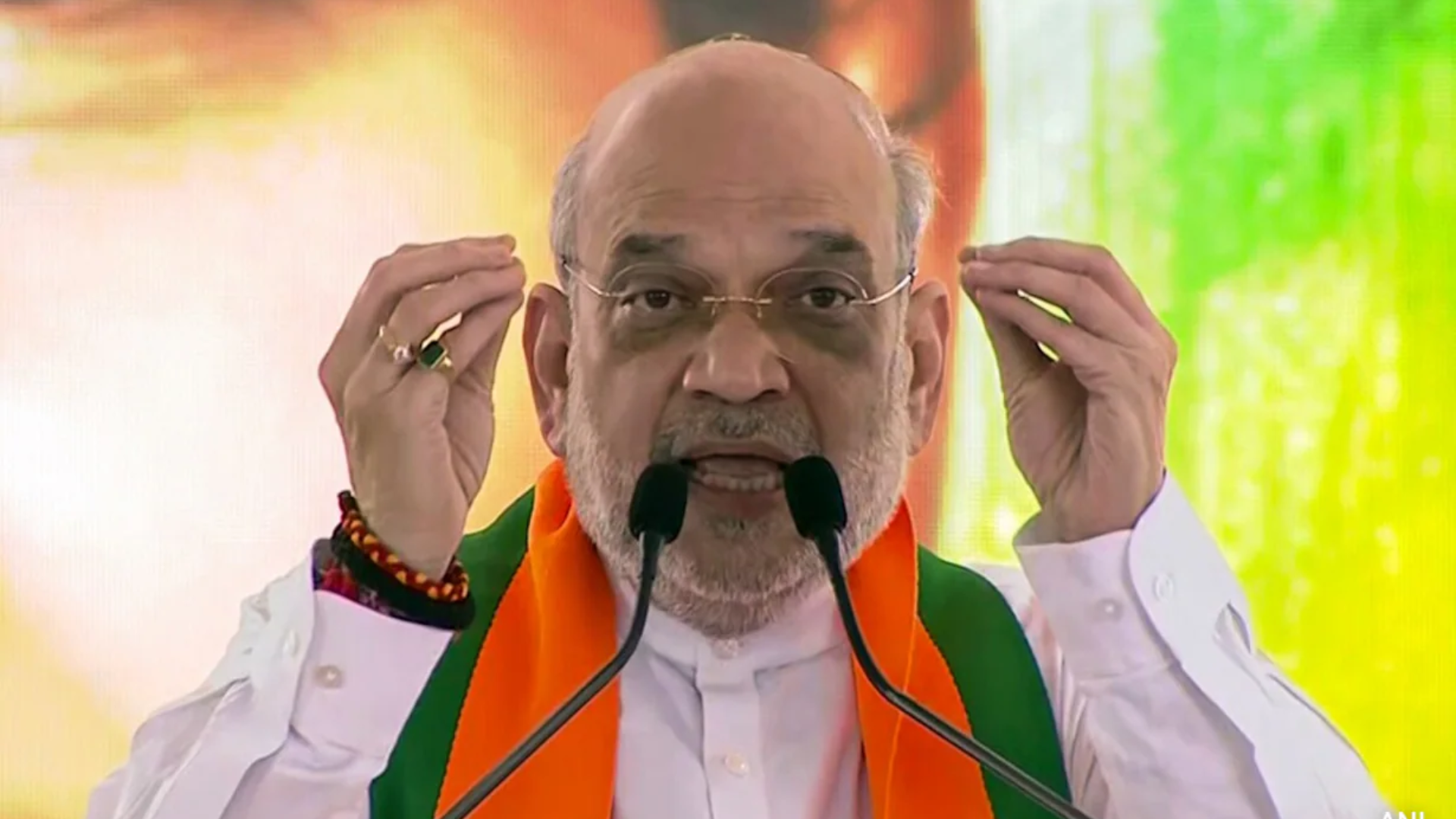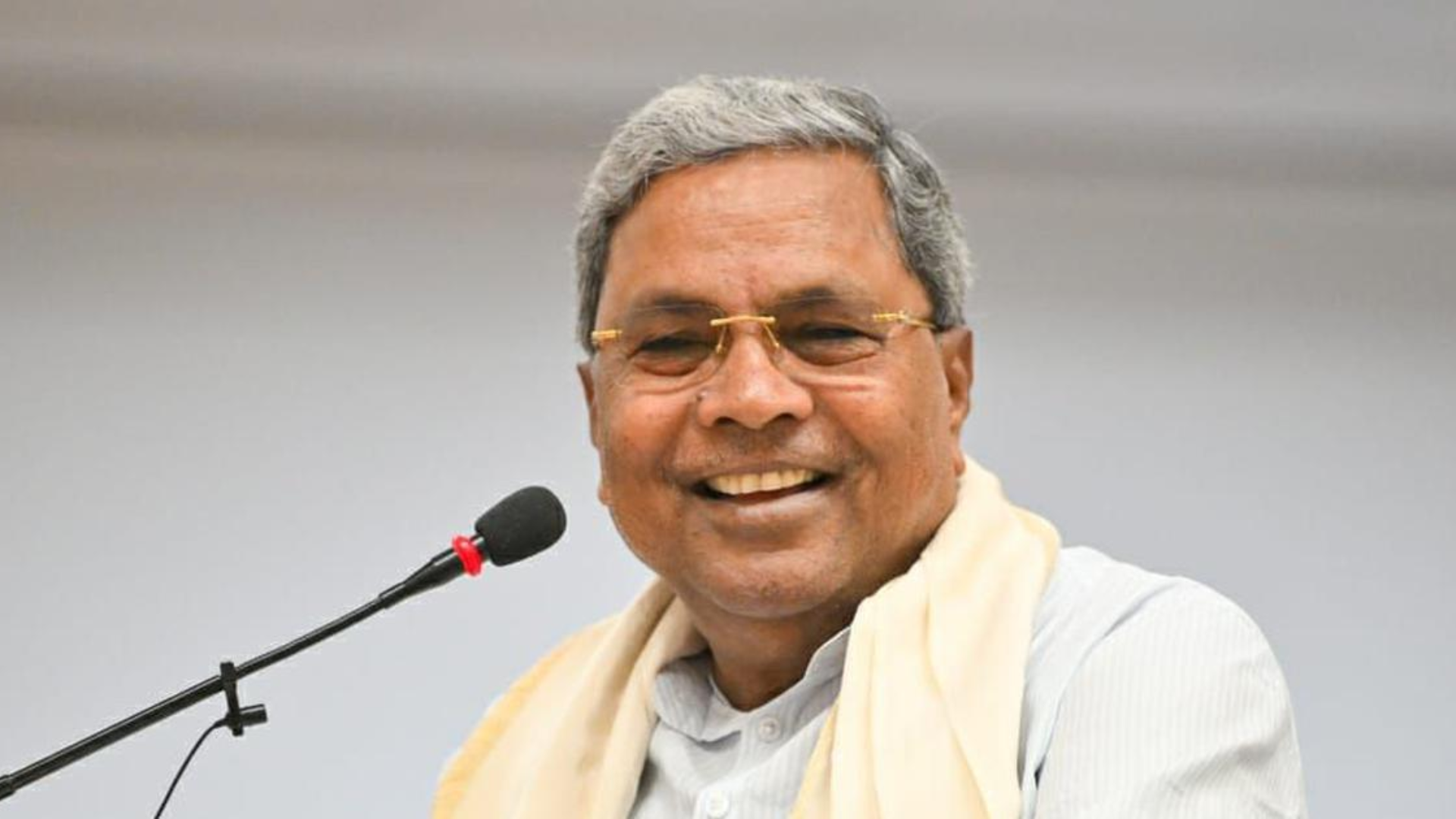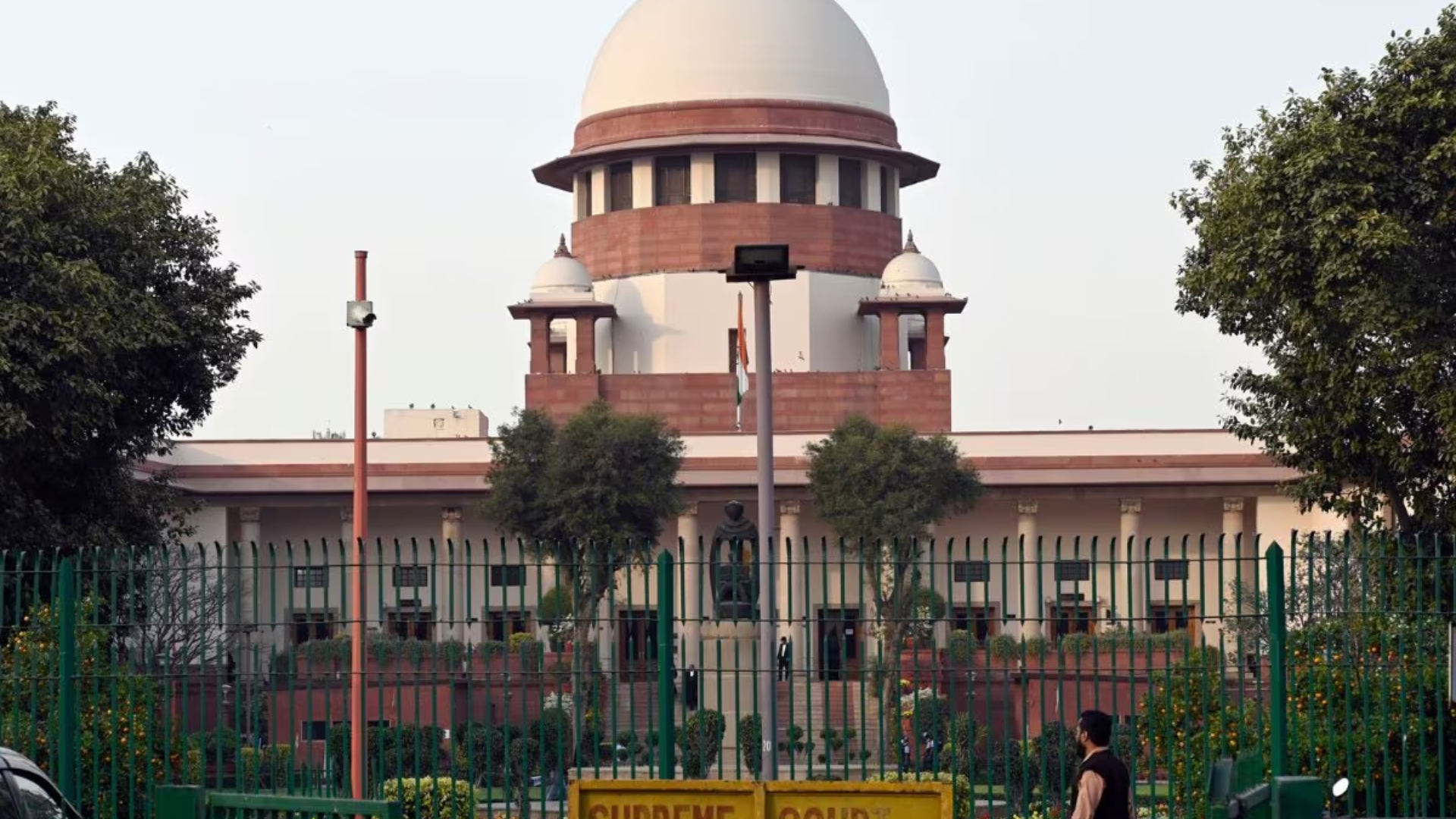


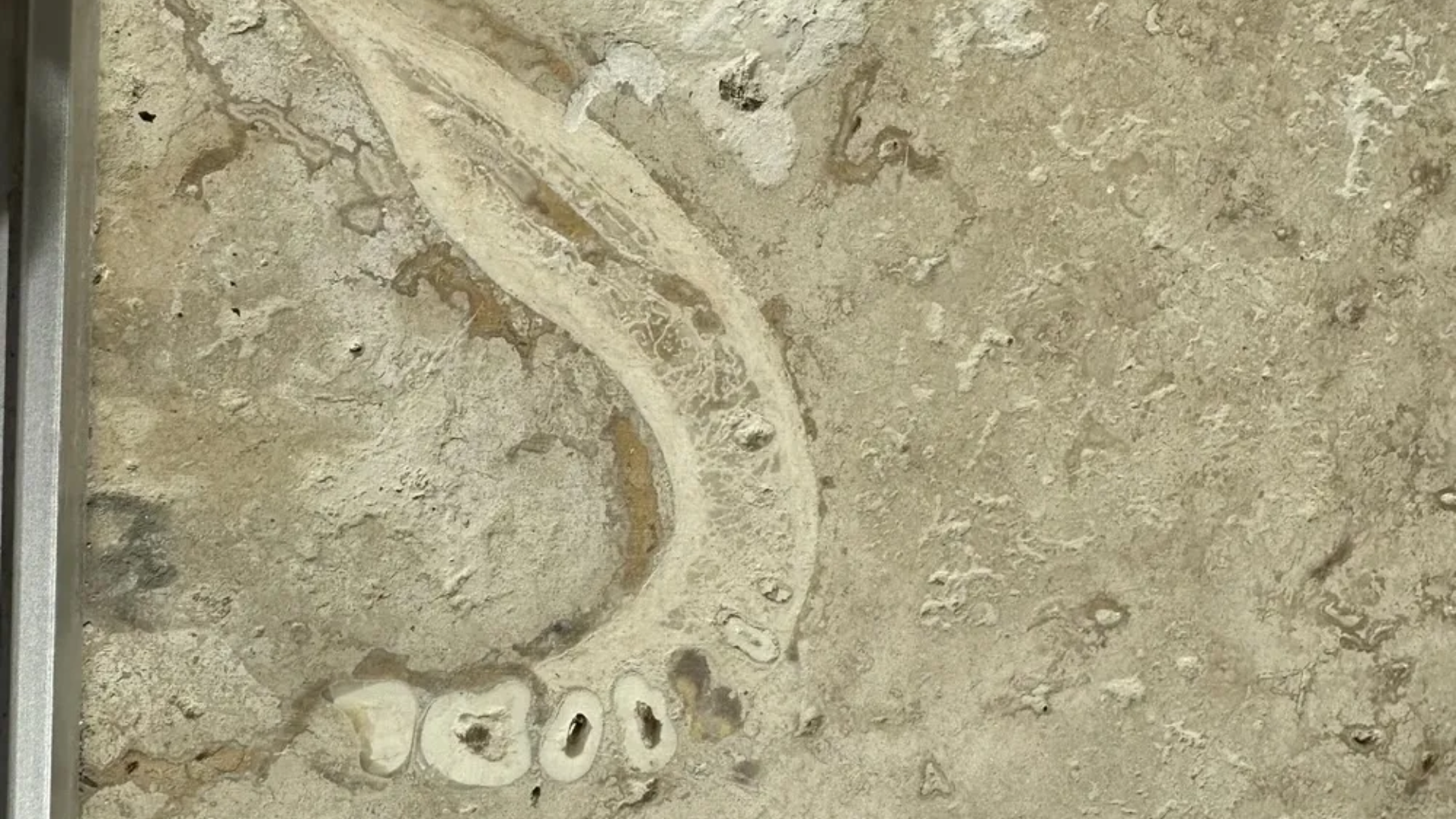
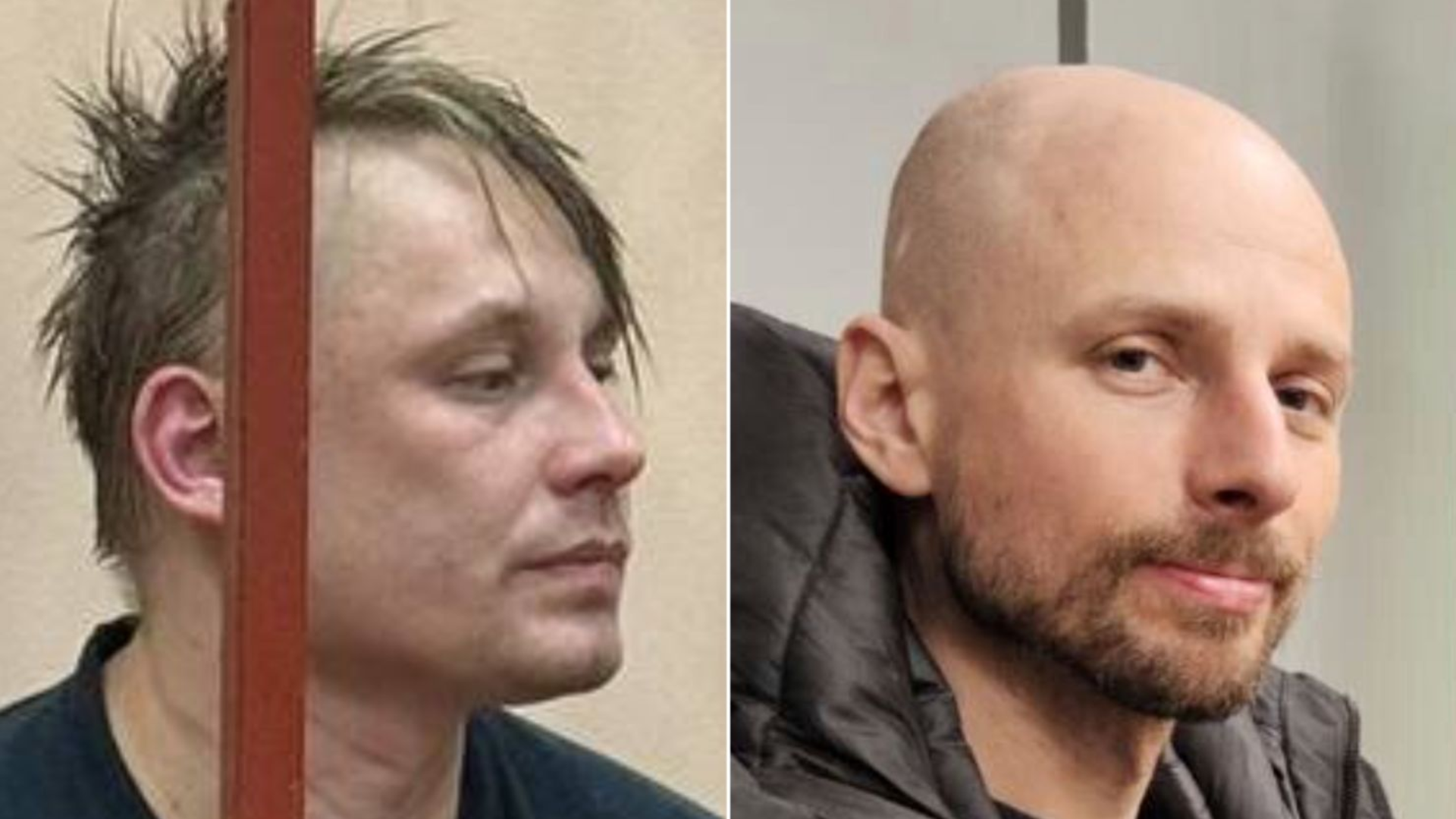

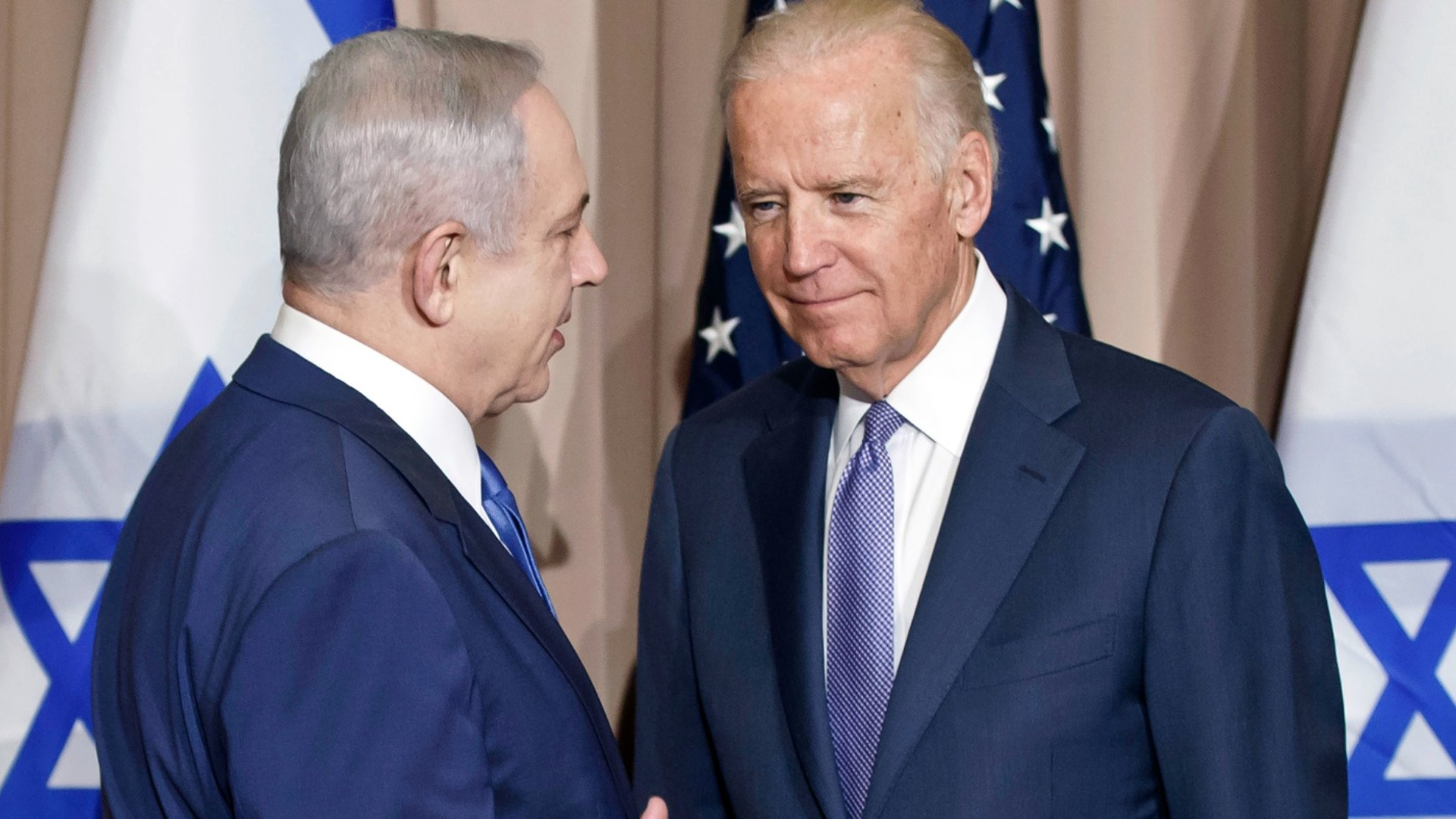

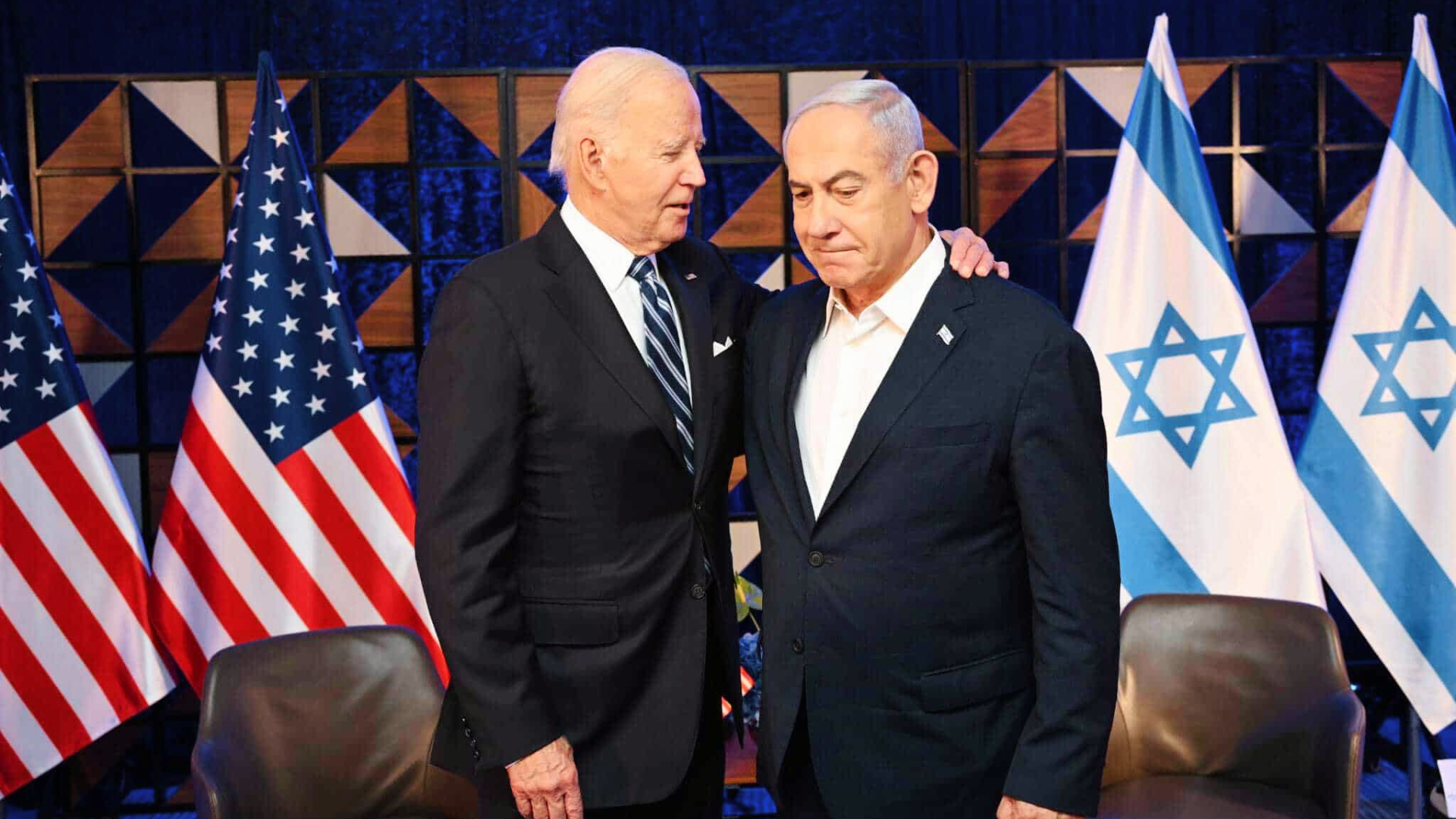
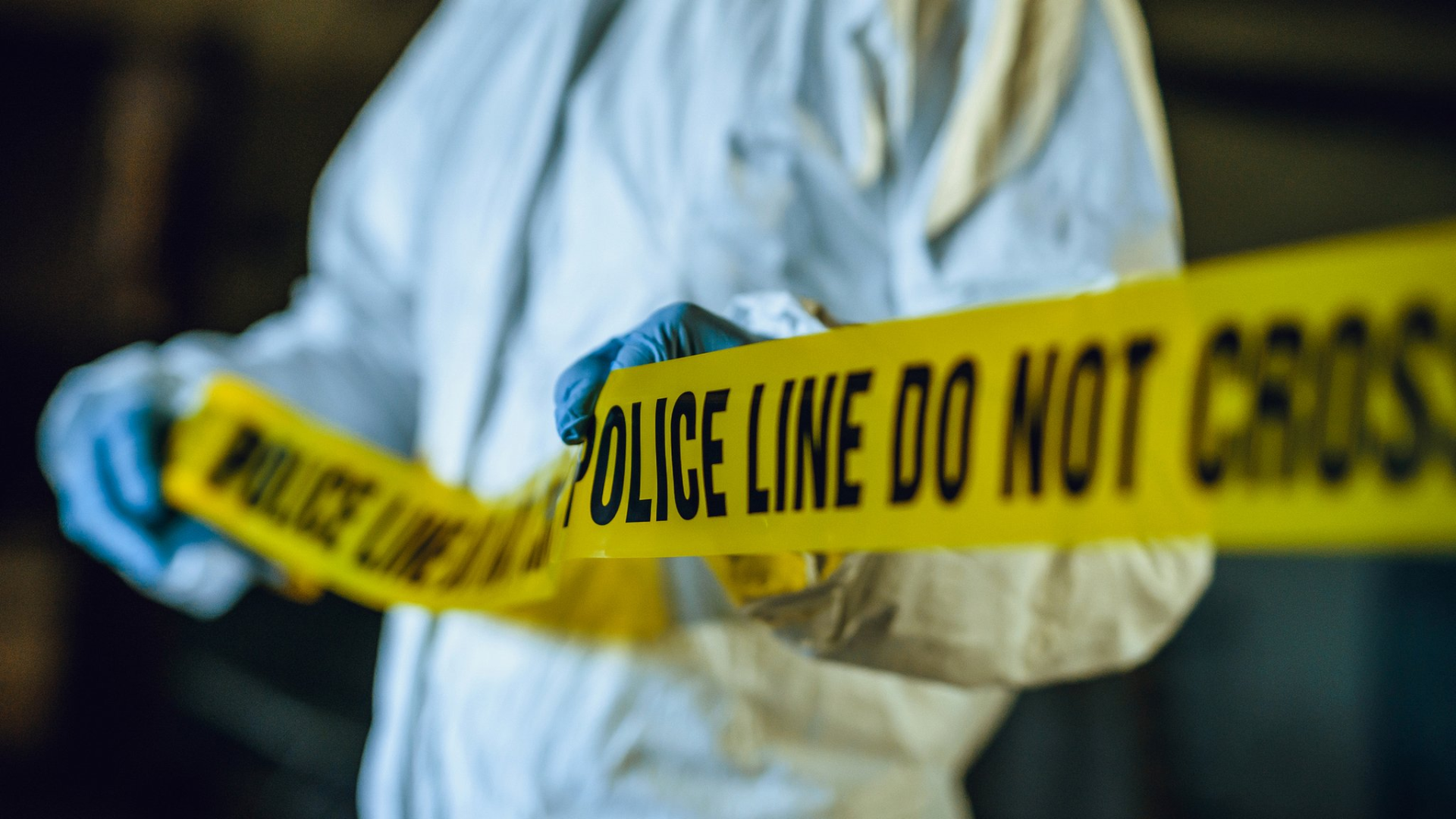
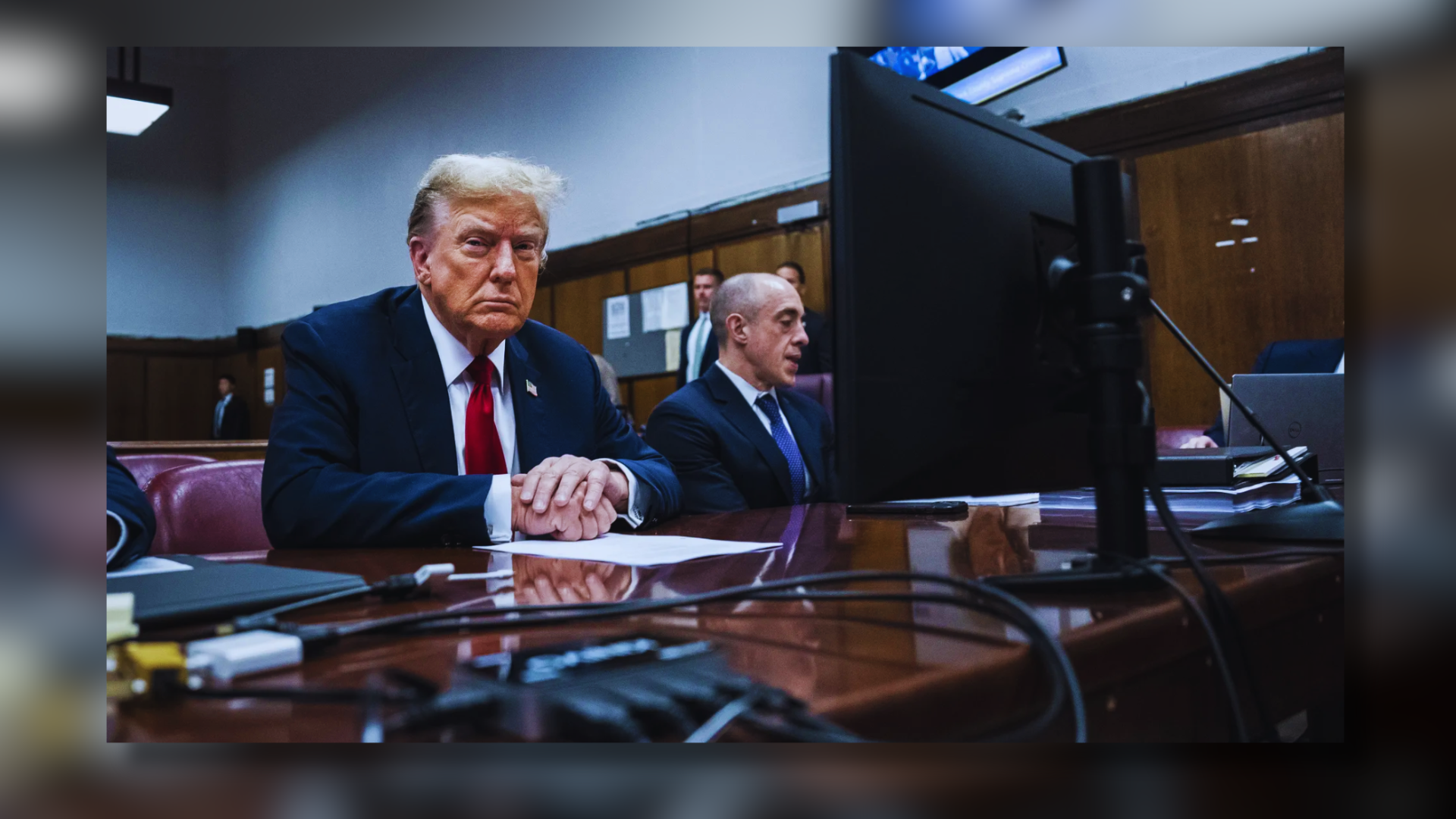
Donald Trump’s highly anticipated hush-money trial began Monday with jury selection, focusing on allegations of falsifying business records to suppress stories about his personal life. Despite a full day, no jurors were selected, and the process is set to resume on Tuesday. Judge Juan M. Merchan cautioned Trump against interfering, warning of potential jail time. Merchan reiterated similar warnings to all defendants as the trial commenced.
Key points to note
As Trump launches his bid to return to the White House, he finds himself in the midst of the first criminal trial faced by any former U.S. president. This unique scenario presents a striking split-screen spectacle, with the presumptive Republican nominee navigating his dual roles as a criminal defendant and a candidate for office.
Over the past year, Trump has seamlessly blended these roles, portraying himself to supporters both on the campaign trail and on social media as a victim of politically motivated prosecutions aimed at derailing his candidacy.
Following a presidency marked by unprecedented norms and years of investigations, the trial represents a significant legal reckoning for Trump. He faces four indictments, including charges of mishandling classified documents and attempting to subvert an election. However, the trial’s political implications are less certain, as a conviction would not bar him from seeking the presidency again. Moreover, the allegations in this case are viewed as less severe than those in the other indictments.
The proceedings began with extensive pretrial arguments, including discussions about potential fines for Trump, before transitioning to jury selection. The courtroom welcomed the first members of the jury pool, consisting of 96 individuals, as both sides prepared to determine who would ultimately decide the fate of the former and potentially future American president.
As they entered the jury box, Trump craned his neck to look back at the pool, whispering to his lawyer. “You are about to participate in a trial by jury. The system of trial by jury is one of the cornerstones of our judicial system,” Judge Juan Merchan told the jurors. “The name of this case is the People of the State of New York vs. Donald Trump.”
This difficulty was evident as only about a third of the initial 96 potential jurors remained after the judge dismissed some from the pool. More than half of the group was excused after admitting they couldn’t be impartial.
Additionally, at least nine more prospective jurors were excused for other reasons. One female juror was dismissed after revealing strong opinions about Trump, despite initially indicating she could be neutral. When Merchan asked her to repeat the response, she replied: “Yeah, I said yes.” She was dismissed.
“whether the prospective juror can assure us that they will set aside any personal feelings or biases and render a decision that is based on the evidence and the law”, Merchan writes.
Trump has entered a plea of not guilty to 34 felony charges of falsifying business records. Prosecutors argue that the alleged fraud was aimed at preventing sensational — and, according to Trump, unfounded — stories about his personal life from surfacing during his 2016 campaign.
The charges revolve around $130,000 in payments made by Trump’s company to Cohen. This sum was paid on Trump’s behalf to prevent Daniels from publicly disclosing her claims of a decade-old sexual encounter with the married businessman, just a month before the election.
Prosecutors allege that the payments to Cohen were falsely categorized as legal fees to conceal their true purpose. Trump’s legal team contends that these disbursements were indeed legitimate expenses, not an attempt to cover up any wrongdoing.
After decades of engaging in and initiating legal battles, the former businessman turned politician now finds himself facing a trial that could potentially lead to a prison sentence of up to four years if he is found guilty, though a non-custodial sentence is also a possibility. Trump would likely appeal any conviction.
Attempts to bury the case dismissed
Trump’s lawyers were unsuccessful in their attempt to have the hush-money case dismissed and have since made numerous efforts to delay proceedings, resulting in a series of last-minute appeals court hearings last week.
Among other arguments, Trump’s legal team asserts that the jury pool in predominantly Democratic Manhattan has been influenced by negative media coverage of Trump and contends that the trial should be moved to a different location
An appeals judge denied an emergency request to postpone the trial while a request for a change of venue is reviewed by a panel of appellate judges, who are expected to consider it in the coming weeks.
Manhattan prosecutors argue that much of the publicity surrounding the case stems from Trump’s own remarks and assert that questioning during jury selection will help determine whether potential jurors can set aside any preconceived notions they may have. Prosecutors contend that there is no reason to believe that 12 fair and impartial individuals cannot be found among Manhattan’s approximately 1.4 million adult residents.
Prospective jurors will be identified only by number, as the judge has ordered that their names be kept confidential from everyone except prosecutors, Trump, and their legal teams. The 42 preapproved questions, some of which are multi-faceted, cover basic background information while also addressing the unique aspects of the case.
Among other inquiries, prospective jurors are being questioned about their hobbies and news consumption habits, whether they harbor strong opinions about Trump that would hinder impartiality, and whether they have attended Trump or anti-Trump rallies.
Based on the responses, attorneys can request that a judge dismiss individuals “for cause” if they meet specific criteria for being unable to serve or remain unbiased. Additionally, lawyers have the option to utilize “peremptory challenges” to dismiss up to 10 potential jurors and two alternate jurors without providing a justification.
“If you’re going to strike everybody who’s either a Republican or a Democrat,” the judge observed at a February hearing, “you’re going to run out of peremptory challenges very quickly.”

